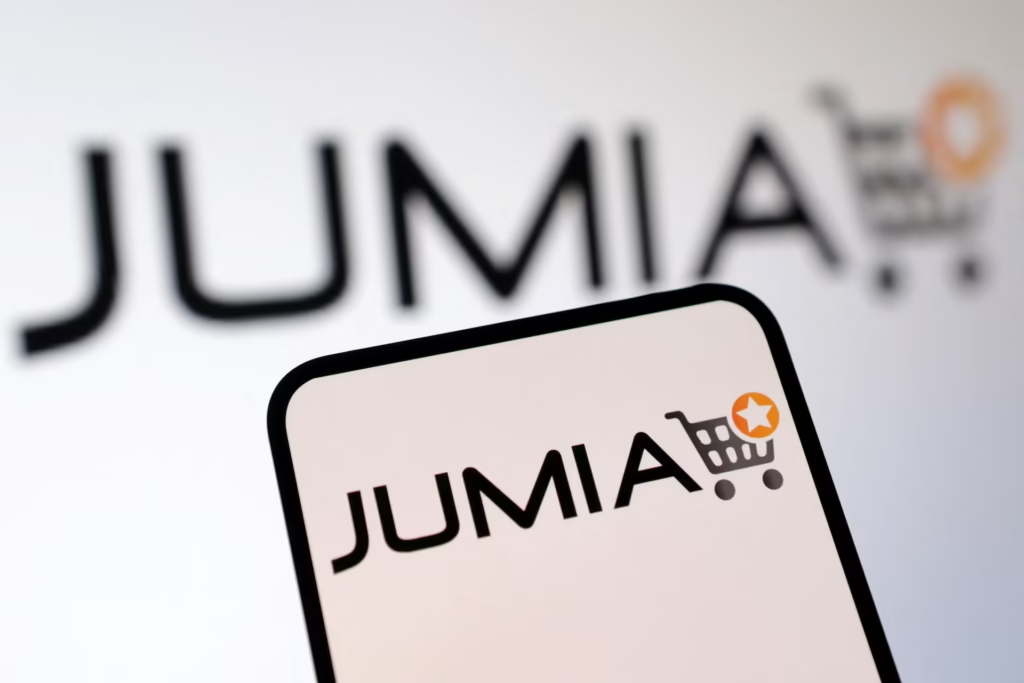
Ghana is testing a new system to trace cocoa beans from farm to port in preparation for a European Union law aimed at curbing deforestation, a government official announced on Thursday.
The EU law, set to take effect in December, will ban the import of commodities linked to deforestation. Importers of products such as cocoa, coffee, soy, and timber must prove their supply chains are deforestation-free or face fines of up to 4% of their turnover.
Michael Amoah, a representative of Ghana’s cocoa regulator, Cocobod, revealed that the country has polygon-mapped its cocoa farms and established an end-to-end traceability system. The pilot was discussed during a webinar hosted by environmental groups Fern and Mighty Earth.
The law is crucial for Ghana, where 60% of its cocoa is exported to the EU. Cocoa production employs 17% of the country’s workforce, making compliance vital for economic stability.
Many of Ghana’s cocoa farmers are smallholders in remote areas, and without government assistance, they may struggle to meet the EU’s strict geolocation requirements. These demands ensure that farms are not on deforested land after 2020.
Amoah expressed optimism about the pilot’s success, hoping it would help Ghana maintain and grow its market share in the EU.
However, not everyone is supportive of the law. Critics from countries like Brazil and Indonesia argue that it could disadvantage small-scale farmers, excluding them from the EU market.
Deforestation remains the second leading cause of climate change, following the burning of fossil fuels.




